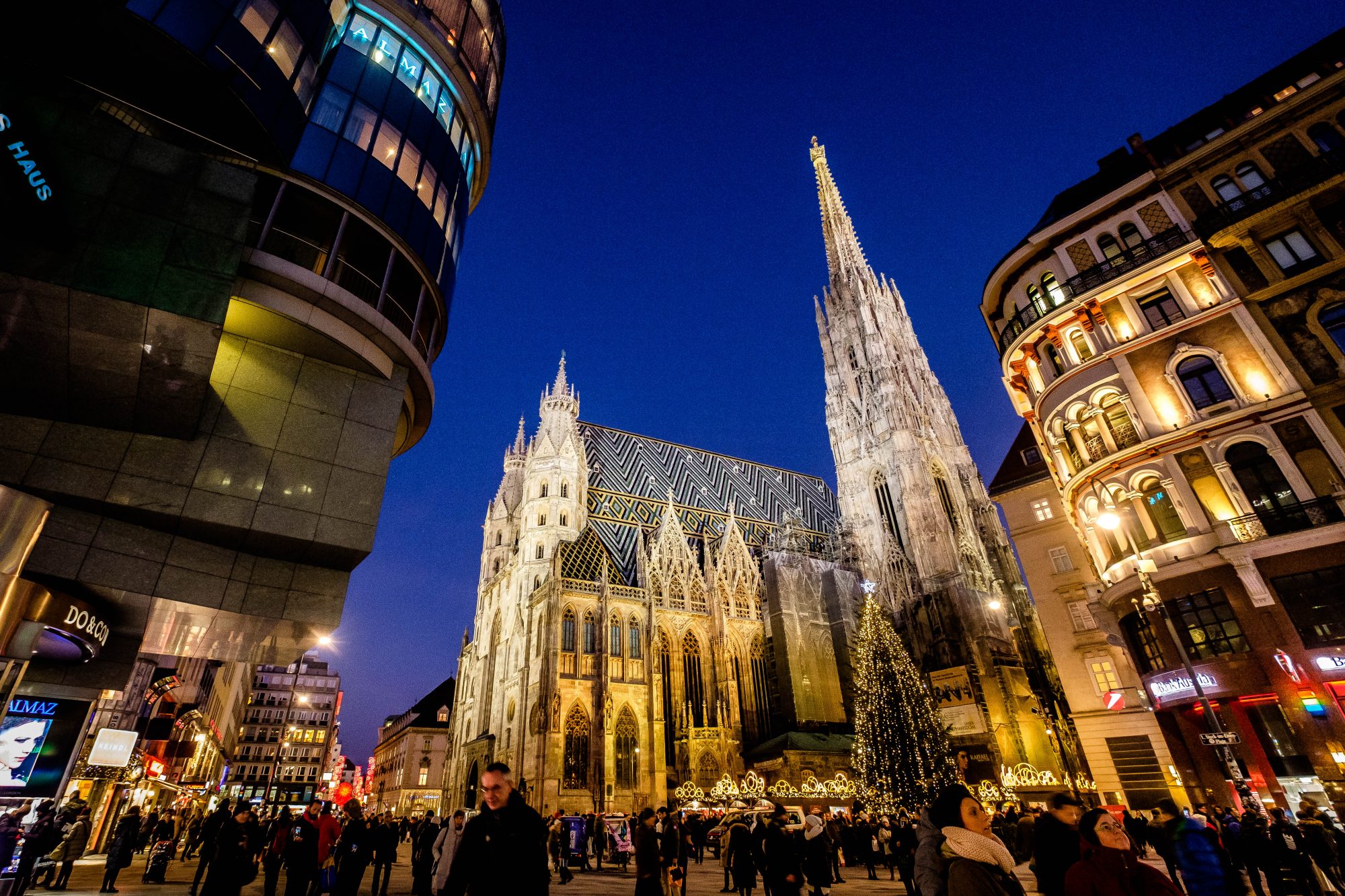
What first comes to mind when you think about Christmas?
Is it the nativity scene of Jesus’s birth? Or maybe it’s Santa and trees and presents? Do you think about seasonal songs and holiday parties? Or do you picture the victory of a warm fire over the cruelty of the cold weather?
Of all the things we might think of first, church planting probably isn’t one of them. And that’s a shame because church planting is closer to Christmas than most of what we associate with the holiday. Indeed, church planting is one of the most Christmas-ey acts that we can participate in.
If we don’t see this connection readily, however, it is likely because we underappreciate what Christmas is as well as what church planting does.
Understanding the Incarnation: What Christmas Is
At Christmas, we celebrate the fact that God has come in the flesh—the incarnation. We recall the fulfillment of Isaiah’s prophecy that a virgin would conceive and give birth to a son (Isa. 7:14). And we remember that Jesus’s other name is Immanuel, which means “God with us.”
All this is familiar to many. But too few have paused to consider how odd it is to say that the God who was already everywhere (Ps. 139:6–10) is now with us. And it doesn’t help to say the phrase means, “God is with us physically,” because Jesus is no longer physically with us either.
“I am with you always, to the end of the age.”
What does “God with us” mean, then? What is Christmas really about? And what does any of this have to do with church planting? The Gospel of Matthew points the way.
The Bookends of ‘God with Us’
In Matthew’s gospel, the life and work of Jesus begin and end on the same note.
“See, the virgin will become pregnant and give birth to a son, and they will name him Immanuel, which is translated ‘God is with us’” (Matt. 1:23 CSB).
And the One who is God-in-the-flesh adds, “I am with you always, to the end of the age” (Matt. 28:20b CSB).
These statements function as bookends for the whole life of Jesus, enclosing all that he did and said under the heading, “God with us.”
This transforms how we read the rest of Matthew’s gospel, for everything becomes a demonstration of how God is with us in Christ. He is with us intimately as our friend. He is with us mercifully and graciously as our Savior. And he is with us authoritatively as our Lord.
Jesus is even with us now, though he is not with us physically. He is with us through his Spirit, of course. But he is also with us in the church, the body of Christ on earth. This is why Jesus says that whenever his followers gather in his name to do his work, he himself is there among them (Matt. 18:18–20; see also Matt. 16:19; John 12:26; 20:39; Acts 18:9–10; 2 Cor. 13:3).
In other words, Christ’s presence, his being with us, is extended through his Spirit-filled, purposefully gathered, baptizing and teaching disciple-making disciples. This is precisely where church planting comes into the picture.
Extending the Incarnation: What Church Planting Does
The birth of the God-Man, Jesus Christ, through the incarnation cannot be repeated. But it can be embodied and extended by those who believe in the One who is “God with us.” Indeed, this is what church planting does.
First, church planting embodies the movement of the incarnation into the world. The Father sent his Son into the world for the sake of establishing the church (Matt. 16:18). To do this, Christ left his home and bound himself to a particular body in a specific time and place and culture (Gal. 4:4). In a similar way—though to a much lesser degree—God now sends church planters into the world to live among new cultures for the sake of establishing new churches.
Second, church planting extends the message of the incarnation for the sake of the world. The Father prepared a body of flesh so that “God with us” could come into the world (Heb. 10:5). The Son, in turn, prepares a body of believers so that the message of “God with us” may spread throughout the world (Matt. 28:19–20).
“The Father prepared a body of flesh so that ‘God with us’ could come into the world. The Son prepares a body of believers so that the message of ‘God with us’ may spread throughout the world.”
Christmas Means Church Planting
The incarnation means Jesus took on a body to create a body of believers (Titus 2:14; 1 Cor. 12:27). And this new people, the body of Christ on earth, is sent into the world to plant new churches.
Or at least, some of his followers are. Others train, still others send, and many, many more live on mission wherever they are and support the work of church planting through their great generosity.
The result of all this is nothing short of an embodiment and extension of Christmas itself, as new people in new places are enabled to experience the joy of God with us who becomes, by faith, God with them.
James Ford is the assessment coordinator for Acts 29 North Atlantic and the Midtown location pastor for Remnant Church in Richmond, Virginia.

